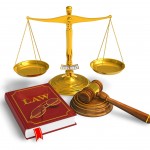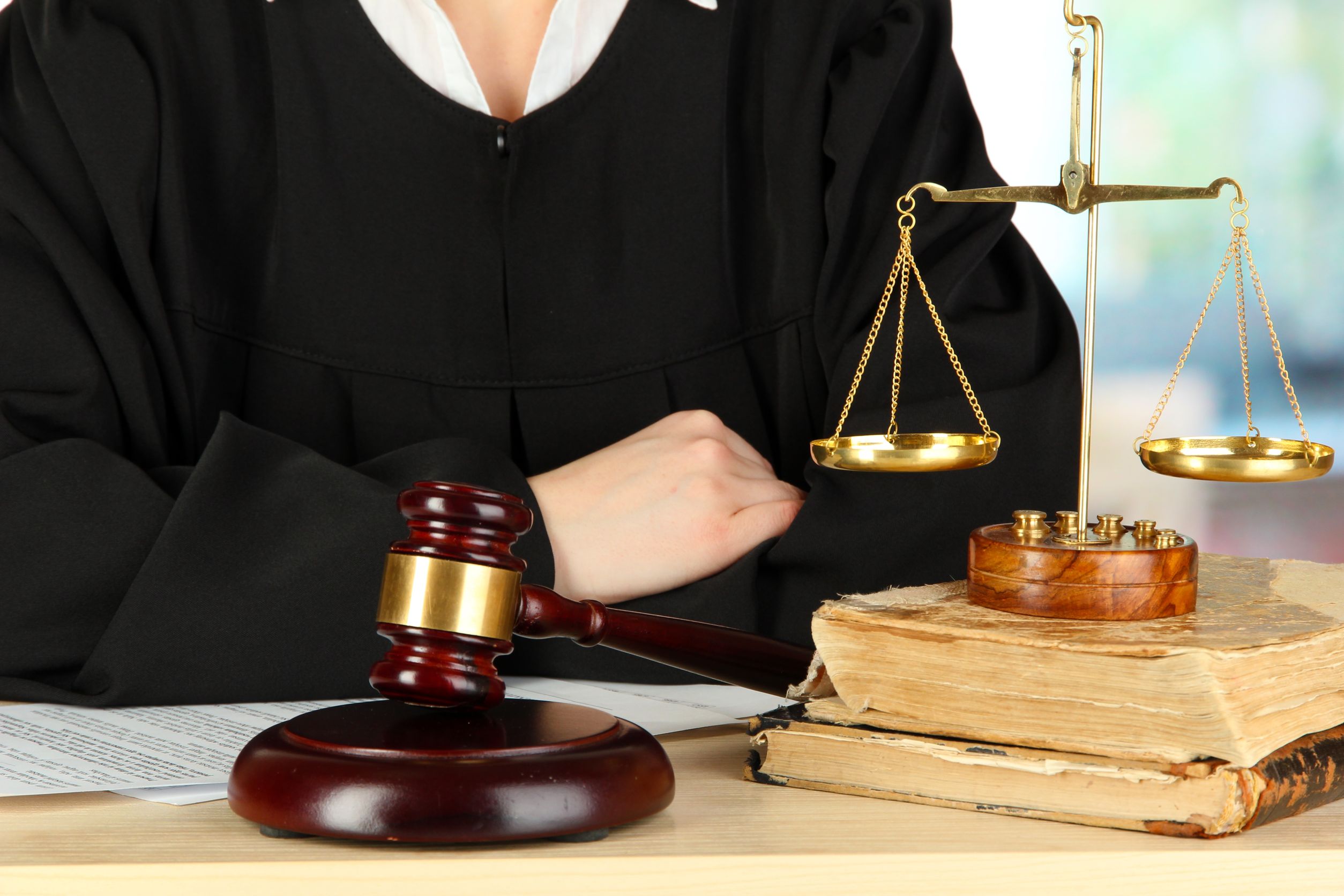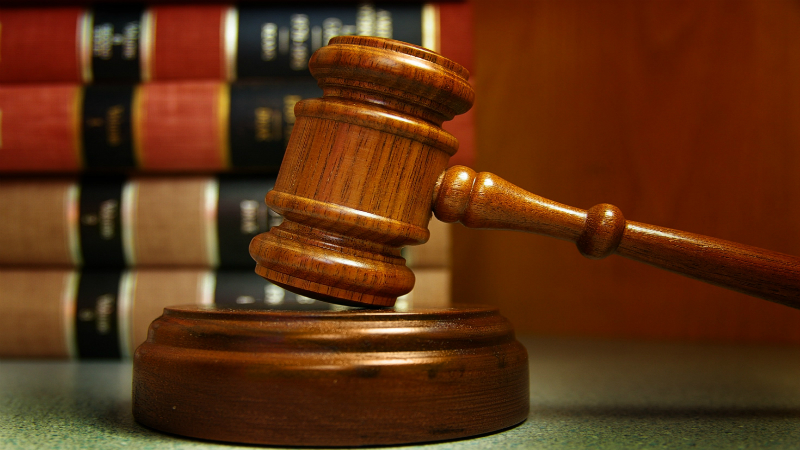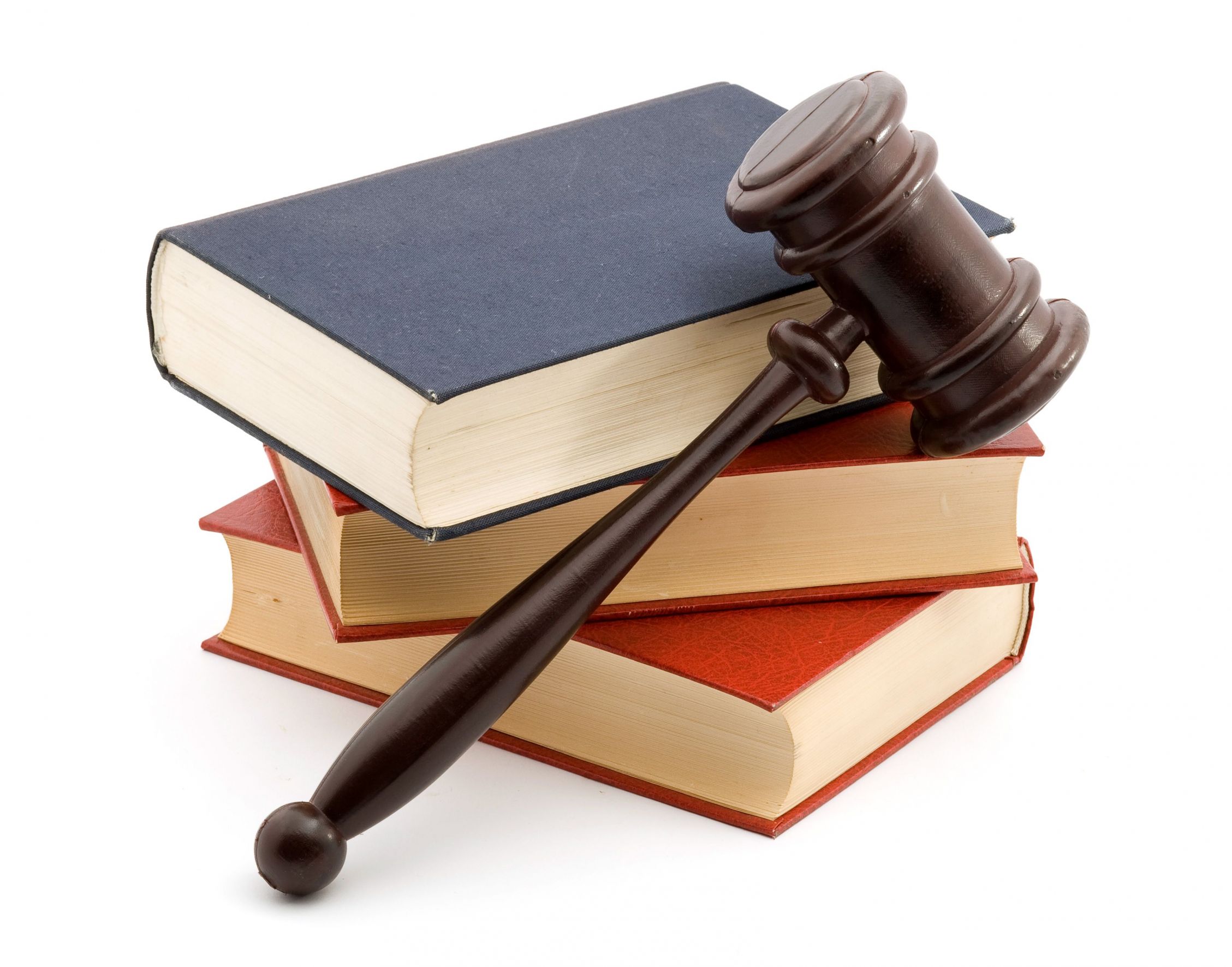 If an individual or business entity reach a point where it is impossible to satisfy their outstanding debts they can declare bankruptcy. There are a number of different types or Chapters in bankruptcy, two of the most common are Chapter 7 and Chapter 13 in Chicago. Depending on the Chapter opted for the petitioner will meet with a court appointed administrator with a view towards developing a repayment plan such as is the case with Chapter 13 or arranging a discharge of all or nearly all the debt. When the petitioner is a business the business either ceases all activities or continues to operate under a reorganization plan which allows for reduced payments to outstanding creditors.
If an individual or business entity reach a point where it is impossible to satisfy their outstanding debts they can declare bankruptcy. There are a number of different types or Chapters in bankruptcy, two of the most common are Chapter 7 and Chapter 13 in Chicago. Depending on the Chapter opted for the petitioner will meet with a court appointed administrator with a view towards developing a repayment plan such as is the case with Chapter 13 or arranging a discharge of all or nearly all the debt. When the petitioner is a business the business either ceases all activities or continues to operate under a reorganization plan which allows for reduced payments to outstanding creditors.
There are three types of bankruptcies that are available for individuals or couples; Chapter 7 is the most common, Chapter 12 is restricted and is used by farmers or fishermen and Chapter 13 in Chicago which is used by those with a steady income stream and significant assets that they wish to protect.
For businesses, they are limited to two types; Chapter 7 and Chapter 11.
When the objective is a clean slate, an opportunity to start over, the choice is Chapter 7. When a small business opts for Chapter 7 that is the end of it, it closes its doors and ceases all operations. When the declaring party is an individual the court decides which among the accrued debts must be paid and which will be eliminated or discharged. Almost all consumer debt will be discharged; examples of debt that must be paid are student loans and any debt to the federal government such as taxes.
Chapter 13 in Chicago is different, the declaring party opts to pay the majority of the debt and in return be able to keep their assets. Chapter 13 is often used by those that have a good job and a wealth of assets but simply got themselves into financial trouble. In cooperation with a seasoned Chapter 13 attorney the debtor develops a reorganization and repayment plan for approval by the court. It must be proven to the court that the plan is workable based on the debtor’s income stream and payment period which is never allowed to go past five years. The administrator will handle the available monies, setting aside the agreed upon amount for living expenses, all the rest is distributed to the creditors in precise accordance with the plan, the debtor is given no discretionary income during the period of rehabilitation.
Regardless of what Chapter bankruptcy is chosen there is a significant cost associated with it; a reduction in ones credit score is suffered and the fact that bankruptcy was declared may stay on the credit report for years which makes acquiring new assets difficult. Browse the site lakelaw.com for more.









